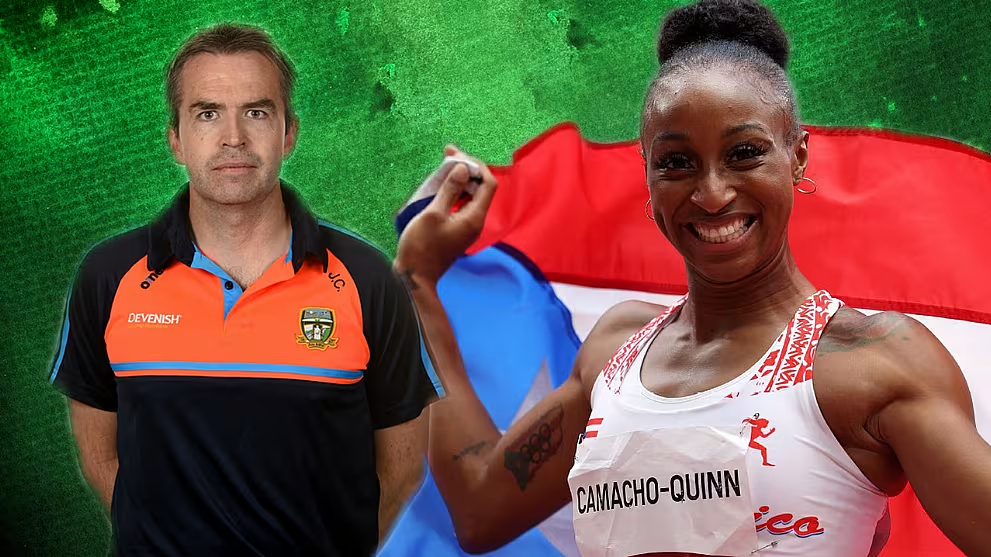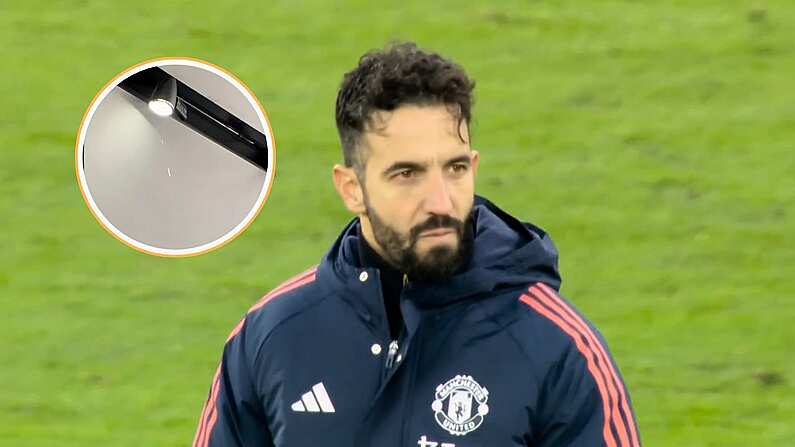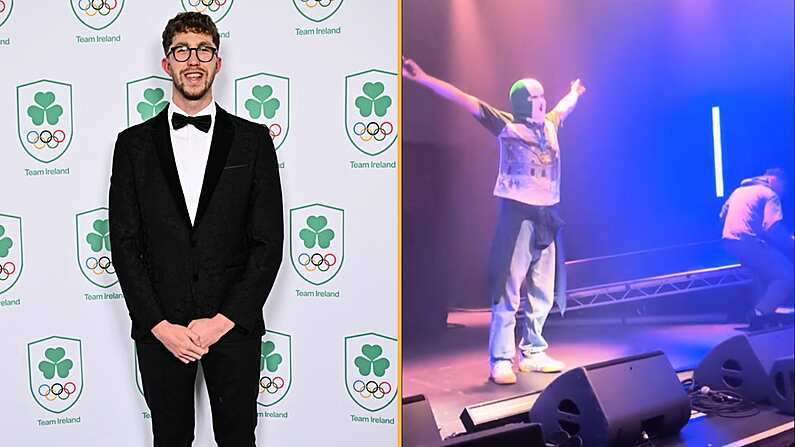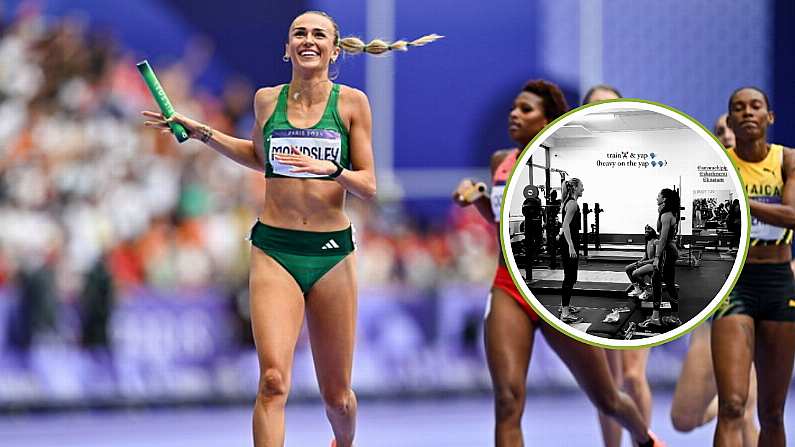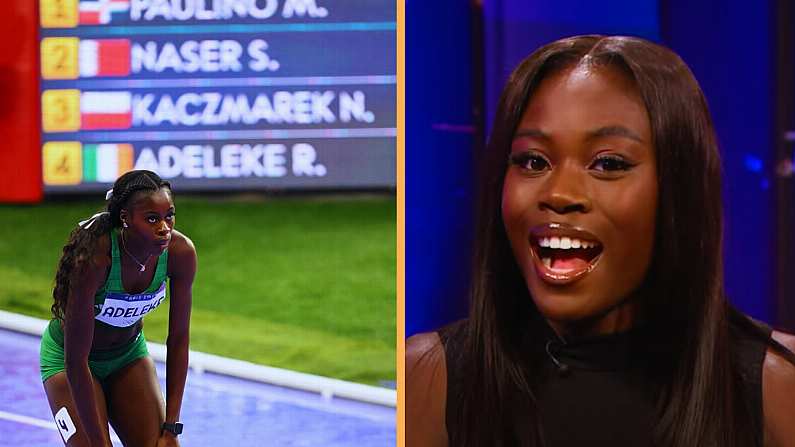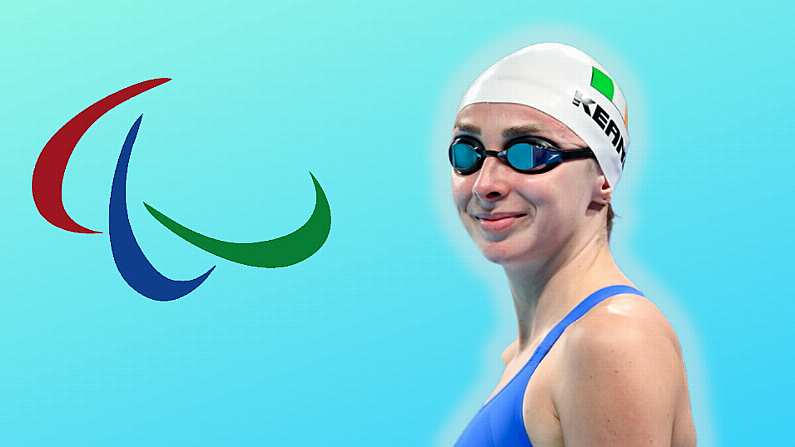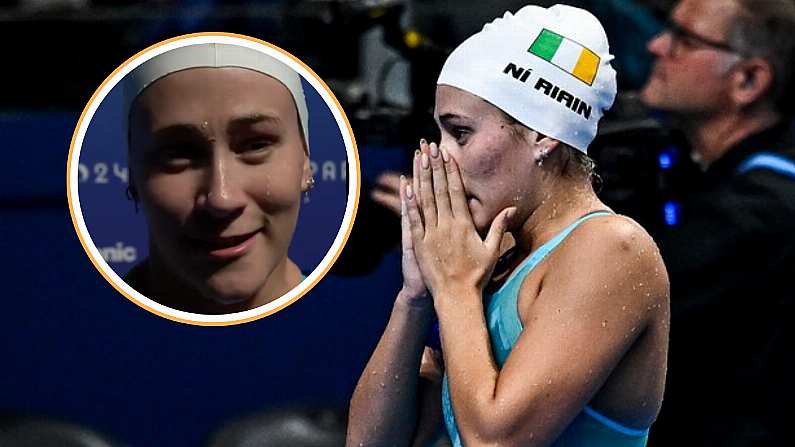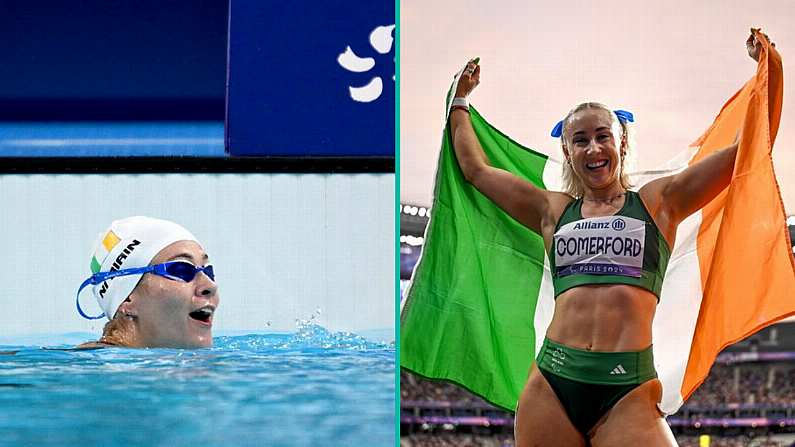Ever wondered why it's the 'Russian Olympic Committee' and not simply 'Russia'?
Through a worldwide pandemic, training restrictions, athlete bubbles and ongoing restrictions - preparation for athletes ahead of Tokyo 2020 was significantly different.
For athletes representing the Russian Olympic Committee, however, it was a step further from the norm.
Back in 2019, the World Anti-Doping Agency issued a four-year ban on Russia for systematic doping. Athletes were banned from international competition from all sports.
The Russian doping body RUSADA successfully challenged the ban, with it being reduced to two years. Russian competitors were permitted to represent a neutral body and neutral flag.
There's no point banning Russia from international competition for systematic cheating if athletes can just compete as the Russian Olympic Committee. If they are permitted to compete at all they should just be labelled "Independent Athletes" with no mention of Russia.
— Nicola Palios (@NicolaPalios) July 26, 2021
It was received angrily by many doping experts and bodies across the world. While WADA had proved the Russian government were involved in their athletes drug taking, their sanctions didn't prove harsh enough.
Nonetheless, this year we have every country and then we have the 'Russian Olympic Committee'. They currently sit fifth in the medal table despite a cap placed on the number of athletes that can compete in certain competitions.
They don't celebrate to their usual national anthem. Instead, Tchaikovsky's Piano Concerto No. 1 rings out around the stadium.
Athletes aren't allowed drape the Russian flag around their shoulders. Instead, it's a 'ROC' flag with the smears of their patented blue, white and red along with the Olympic symbols.
So why are they vilified? It's a pretty easy argument. Skepticism. Or for want of better words, informed suspicion.
RUSADA have had to abide by all protocols for this year's Olympics. Earlier this year, they recorded 38 cases of suspected anti-doping violations.
"There are a lot of people here who shouldn’t be here.”
Lilly King had plenty of thoughts on a Tokyo Games in which the Russian Olympic Committee, fresh off a recently-lifted doping ban, won its most swimming medals since 1996: https://t.co/bm4EMcuhNz pic.twitter.com/zpJi8P3aUD— Sports Illustrated (@SInow) August 1, 2021
Despite the efforts of WADA, the IOC or RUSADA, it's a difficult task to restore the reputation of a nation who have covered up doping before, and could try to do it again.
It's the fellow Olympians who have to compete with the Russian Olympic Committee that have been asked the questions, and not surprisingly haven't given great answers.
"It is a huge mental drain on me to hear I'm swimming in a race that's probably not clean," American swimmer Ryan Murphy said. "That is what it is."
The 200 metre backstroke final was won by Russian Evgeny Rylov, with Murphy later backtracking on his comments made after his second placed finish.
British swimmer Luke Greenbank came third in that race, and was asked about Murphy's comments. "It's obviously a very difficult situation not knowing whether who you are racing against is clean."
"Obviously, there's a lot of media around the Russian federation coming into the Olympics. It's frustrating seeing that as an athlete, having known that there is a state-sponsored doping programme going on and more could be done to tackle that," he said.
The Russian Olympic Committee is surely already the most successful committee in Olympic history.
— Gary Lineker 💙💛 (@GaryLineker) July 27, 2021
While some have been vocal in asking the IOC and WADA to do more to regulate the Russian's involvements, some Russian athletes have been defending themselves.
"You should be embarrassed of yourself - I don't want to see you again," was what World number two Daniil Medvedev said, in response to a question asking if there was a stigma around the Russians.
"It's the first time in my life I'm not going to answer a question," he later added. Even the ROC official twitter account defended their athletes after Ryan Murphy's comments.
Tokyo 2020 has been a significant win for the nation of Russia - especially given the fact that Russian athletes can compete across a wide range of sports.
Sanctions have been place on the Russians from Rio in 2016 to the Winter Olympics in 2018, when the team were known as the 'Olympic Athletes from Russia'.
A new drug testing body, the International Testing Agency, has been called in to oversee doping regulations for this summer's Olympics but no word has been said of any violations.
So Tchaikovsky will play, the ROC flag will rise, but the villainous nature of the Russians will live long into memories.
See Also: The Irish Sprint Coach Behind Puerto Rico's 100m Hurdles Gold Medal
